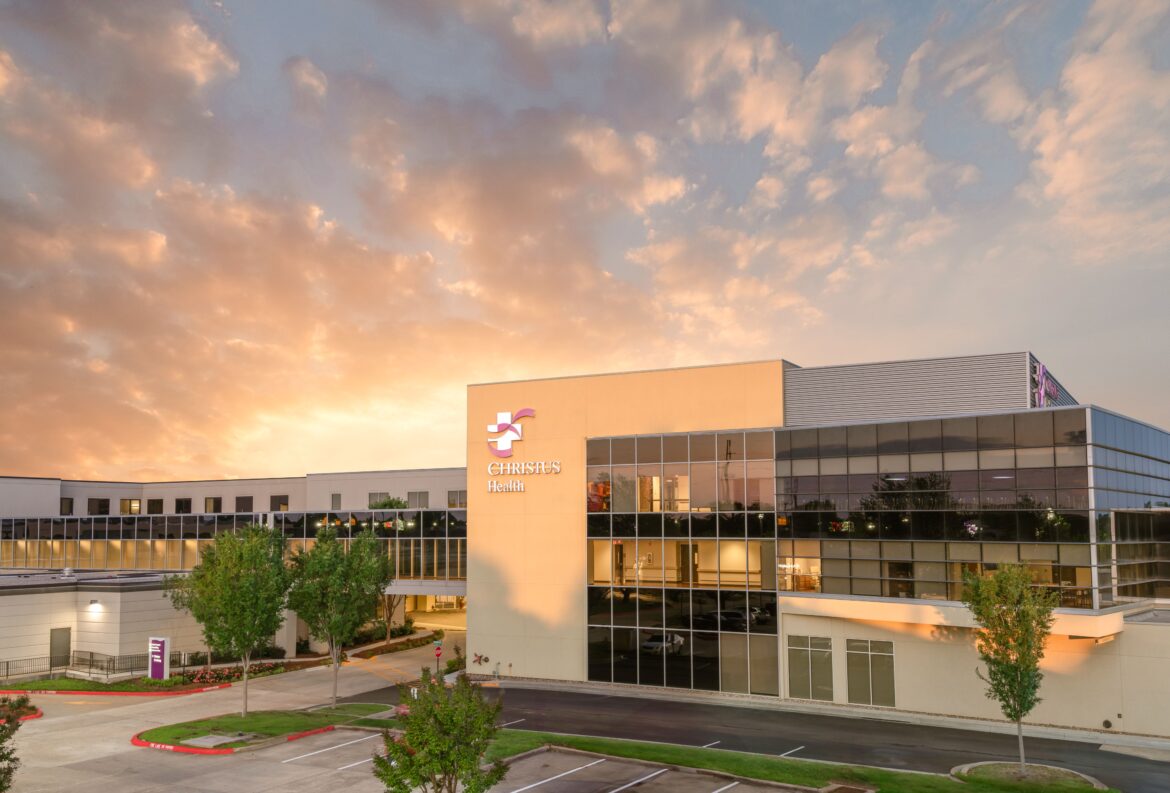“Generally, we get a lot of heat-related illnesses that come into our ERs,” said Brad Heron, environmental care, safety and emergency preparedness manager for CHRISTUS Shreveport–Bossier Health System.
Heron said that rising temperatures create a need for consistent hydration, not just once you feel thirsty. He also said to plan outdoor work or activities in the morning and evening, avoiding peak hours.
“You need to take frequent breaks in the shade,” Heron said. “The best prevention of heat-related illnesses is to stay out of the extreme heat. If you don’t need to be out in it, don’t be out in it.”
While Northern Louisiana does not experience the same hurricane emergencies as our coastal region, the potential for heavy rains can lead to serious local challenges.
Heron stressed the importance of road safety during these events. Debris and standing water on the road are common occurrences and can be hazardous to drivers.
“We get a lot of downed trees and maybe some extended rain events that cause flash flooding,” Heron said. “Those are the types of things that you want to stay aware of.”
He also recommends assembling a disaster kit with essentials that can help in the event of flash floods or extended power outages. Items may include:
- Medication
- Weather radio
- Potable water
- Flashlights
- Batteries
- First aid kit
“Planning is a big part of staying as safe as you can,” Heron said. “Know what you’ve got ahead of you and plan accordingly to minimize the hazards that you might face.”



